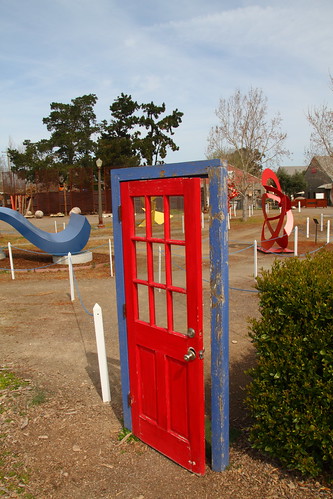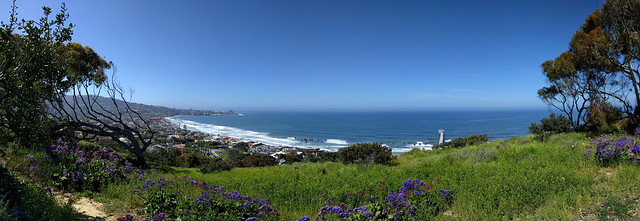Long before the most recent election, we became aware of another turn of phrase, that of people “living in a bubble.” The bubble then was described as social or cultural, and described a “new” upper class that was worlds away from the average White American. And yes: pretty specific. It was more of monetary phrase than anything else, and related to one man’s research about one subset of Americans. Then, the election – all three hundred and seven years of it – wound up, and the conversation became political. We didn’t understand each other. EVERYONE existed, we were told, leagues away from the “average mainstream American.” We were all, it was accused, living in an “elitist bubble.”
Too easy, my common sense argued. Number one, I’m not the average white American – (hello? Remember the original guy’s research?), and number two, what the heck is “average?” I don’t like words like “mainstream,” either. My belief? There’s no such thing.
There were the requisite quizzes to self-identify as a bubbler, but though pundits tried to apply words like “elitist” and “mainstream” and “average” to everyone, it just didn’t stick to me… except in the general way that many people with anxiety or depression feel culpable, bad, or guilty about anything they hear on the news, and wonder, “is it I?” about darn near everything. And so, with my usual inability to differentiate whether or not I am at fault – at least on an emotional level – I, like so many other people who are trying constantly to be better than we’ve been accused to be, try to vary what I read, the media I consume, and the groups with which I discuss it. I still don’t believe in the myth of the average American, as I tend toward a more sociological point of view, which emphasizes diversity, but I am trying to mix it up. Within reason. Here’s to better understanding, I guess.
imploded
our bubble’s popped; let’s go
disperse, break up & scatter
let’s make new friends (&foes
the former more the latter)to avoid Stepford ways
echoes of lockstep feedback
diversify your days —
make variance your fallback






